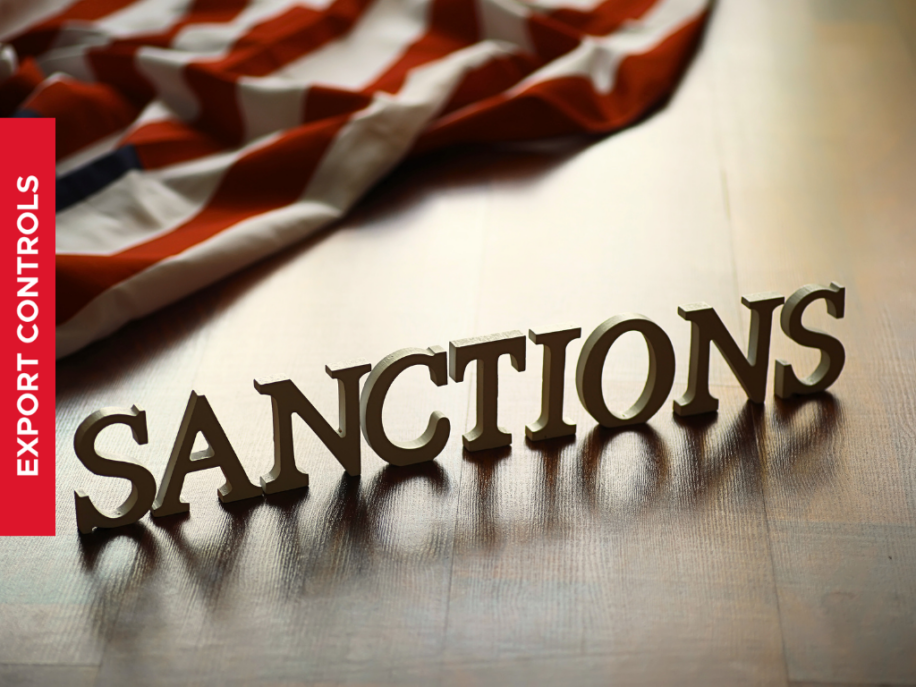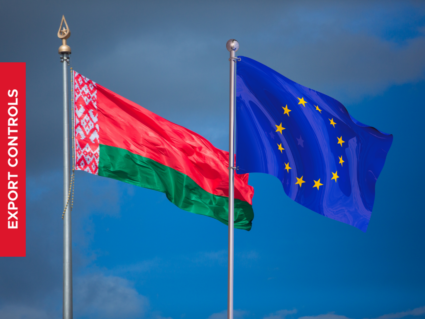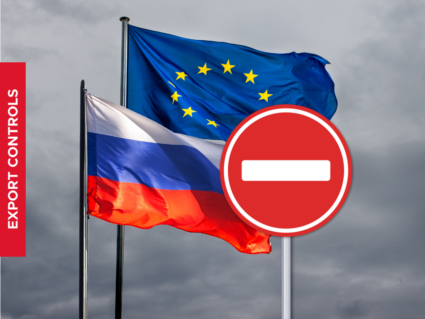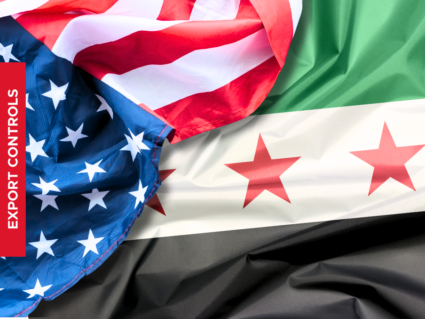Sanctions: updates from the United States
 The following is the latest news on restrictive measures from the United States, relating to updates made by the Office of Foreign Assets Control and the Financial Crimes Enforcement Network to their FAQs, and by the Department of Commerce to the rules on Voluntary Self-Disclosures, as well as the extension of US sanctions against those responsible for the conflict in northern Ethiopia.
The following is the latest news on restrictive measures from the United States, relating to updates made by the Office of Foreign Assets Control and the Financial Crimes Enforcement Network to their FAQs, and by the Department of Commerce to the rules on Voluntary Self-Disclosures, as well as the extension of US sanctions against those responsible for the conflict in northern Ethiopia.
OFAC updates its FAQ on the Global Magnitsky Act and restrictions on Russia
On 12 September 2024, the Office of Foreign Assets Control (OFAC) published new and updated FAQs on U.S. restrictive measures.
OFAC is the U.S. Treasury Department office responsible for enforcing economic and trade sanctions against countries, organisations, and individuals that threaten the national security, foreign policy, or economy of the United States. It administers and enforces sanctions based on U.S. foreign policy and national security objectives, including freezing assets and restricting economic transactions.
The newly published FAQ No. 1191 concerns measures taken on the basis of the Global Magnitsky Act, which imposes sanctions with respect to foreign persons responsible for gross violations of internationally recognized human rights.
The FAQ clarifies that the Global Magnitsky General License (GL) 8 permits transactions with any entity owned 50 per cent or more by Ly Yong Phat and his related company L.Y.P. Group (listed entities), which is not itself listed on the Specially Designated Nationals (SDN) List.
The publication of FAQ No. 1191 and the associated General Licence 8 is of particular interest since, according to generally applicable law, transactions with any entity more than 50 per cent owned by a sanctioned entity are themselves prohibited.
The following FAQ concerning the sanctions imposed against Russia were revised:
- FAQ 1033: in its new wording, the FAQ specifies that as of 12 June 2024, the prohibitions include IT support services and cloud-based services for enterprise management software and design and manufacturing software.
- FAQ No. 1192: an exception to the restrictions is provided for services related to software subject to the Export Administration Regulations (EAR), where the export to Russia is authorised or licensed by the Department of Commerce, or where such software is not subject to the EAR and where the export of such software would be eligible for a license exception or otherwise authorized by Commerce if it were subject to the EAR. IT consulting and design services for such software, as well as IT and cloud-based support services for such software, are excluded from the prohibition. US persons may continue to provide IT support and cloud-based services, including Software-as-a-Service (SaaS), for enterprise management software and design and manufacturing software, if such software is or would be authorised or licensed by the Department of Commerce. This exclusion also includes the provision of such services for software that the Department of Commerce excludes from licensing requirements.
Read the news.
Activate ZPC Monitoring, our professional service of regulatory updates, alerts, analyzes and insights on export controls and geopolitical risk.



